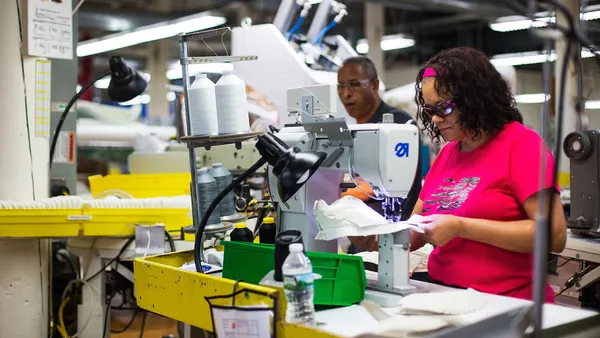CVS Health Corp. and CVS Pharmacy reached a tentative settlement in a proposed class-action lawsuit accusing the company of making job applicants take a lie detector test during the interview process without notice, according to a July 17 filing in the Massachusetts federal court.
In particular, a job applicant alleged CVS broke Massachusetts law since he wasn’t able to opt out of the HireVue video interview technology or Affectiva’s artificial intelligence analysis, and he wasn’t given the chance to challenge the assessment.
According to the 2023 claim, the plaintiff, a Massachusetts resident, applied for a supply chain position with CVS in January 2021. He wasn’t hired for the job. He later on learned that his interview was analyzed by HireVue through Affectiva technology to track facial expressions such as “smiles, surprise, contempt, disgust, and smirks,” which then assigned candidates an “employability score,” according to the complaint.
Part of that employability score included analysis of a candidate’s “conscientiousness and responsibility,” including a candidate’s “innate sense of integrity and honor,” the complaint said.
The settlement notice didn’t disclose specific details about monetary agreements or changes in CVS practices.
AI-based assessment tools are facing increased scrutiny in 2024. For instance, a job applicant alleged that Workday’s AI screening software tool is biased and discriminatory. Although the company filed a motion to dismiss the case, a federal district court judge said the lawsuit can move forward because “Workday’s tools are engaged in conduct that is at the heart of equal access to employment opportunities.”
In addition, the American Civil Liberties Union has asked the Federal Trade Commission to review Aon’s AI employment assessment tools, claiming they have a built-in bias against people with autism or mental health disabilities and discriminate based on race. Aon told Legal Dive, a sister publication to HR Dive, that the tools meet industry best practices; ACLU has also filed a complaint with the Equal Employment Opportunity Commission.
For now, employers remain split on using generative AI for HR practices, particularly amid the ongoing legal risks, according to a Littler Mendelson survey. About 51% said their organization doesn’t use the tools, while 49% said they do. Most respondents — including in-house lawyers, executives and HR pros — said they were at least moderately concerned about complying with state, federal and international data protection and information security laws.














